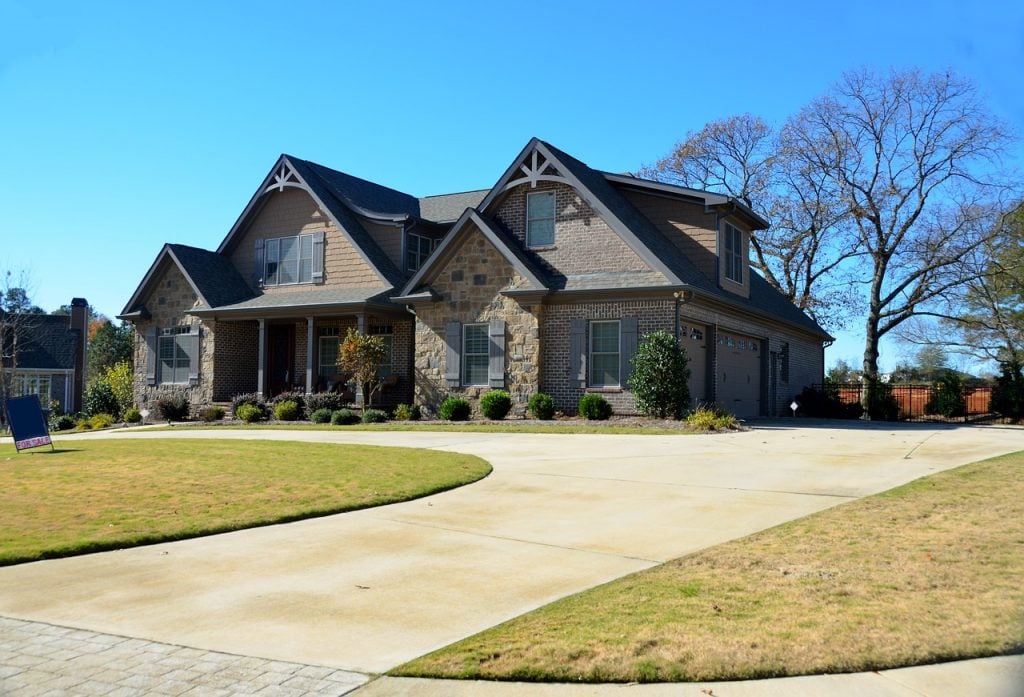The COVID-19 pandemic could result in waves of people moving from the city and into the suburbs in search of more space, forecasts show.

While 30% of American say they’ve browsed real estate listings recently, those who live in urban areas are twice as likely as those living in the suburbs or rural areas to actually be interested in buying or renting a home or apartment, according to a new Harris Poll conducted last month. Almost a third of American say they’re considering a move to a less densely populated area due to the coronavirus, the same poll shows. Moreover, nearly four in 10 of those respondents were urbanites who say COVID-19 is what has prompted them to consider such a move.
John Downs, a real estate pro with Berkshire Hathaway in Connecticut, told The Wall Street Journal he’s expecting to see much greater demand for McMansions in more remote locations, once the coronavirus has passed. He said that he’s already noticed an increase in inquiries about properties in remote areas from city dwellers.
A separate report by CNBC shows an uptick among New York’s wealthiest residents who’re looking to move into the suburbs or exurbs in order to enjoy a less crowded lifestyle. Most are seeking more space and distance from their neighbors and crowds, real estate professionals say. For some, it may be they’re interested in buying a second home that’s still close to the city. For others, it may be more permanent.
“It seems like everyone wants to leave the city,” said Steve Magnuson, a broker with Douglas Elliman in Greenwich, Connecticut, in an interview with CNBC. “Our problem is not enough inventory for sale. We’ve been on the phone 24/7 and on email.”
Magnuson recently rented a five-bedroom home with an infinity pool in Greenwich for $55,000 a month—a record high for the town. The rental is now available again but is listed at a more expensive price—$65,000 per month—and has a waitlist of 18 people desiring to rent it.
People in the city who are eyeing suburbia are looking for a more spacious place to run, walk, and ride bikes. Wealthy buyers are also focusing on homes with a pool, large home office, and strong internet and cell services, Magnuson notes.
Could the rush from city to the suburbs be temporary, as it was following the Sept. 11, 2001, terrorist attacks? Brokers report a momentary shift in the market during that time as more people fled the city. But they quickly returned, driven by overseas buyers and young professionals. Even without an exodus, brokers are still banking on a desire for second homes to grow among the wealthy after the pandemic.
“Being able to go someplace not far from your home, where you have a home office and can keep your friends and family safe—that’s number one,” Magnuson told CNBC.